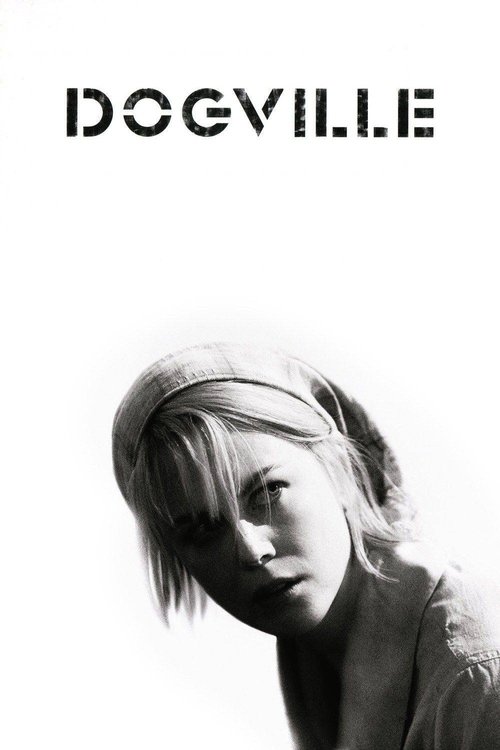
Title: Dogville
Year: 2003
Director: Lars von Trier
Writer: Lars von Trier
Cast: Nicole Kidman (Grace Margaret Mulligan), Paul Bettany (Tom Edison), John Hurt (Narrator (voice)), Stellan Skarsgård (Chuck), Philip Baker Hall (Tom Edison Sr.),
Runtime: 178 min.
Synopsis: When beautiful young Grace arrives in the isolated township of Dogville, the small community agrees to hide her from a gang of ruthless gangsters, and, in return, Grace agrees to do odd jobs for the townspeople.
Rating: 7.77/10